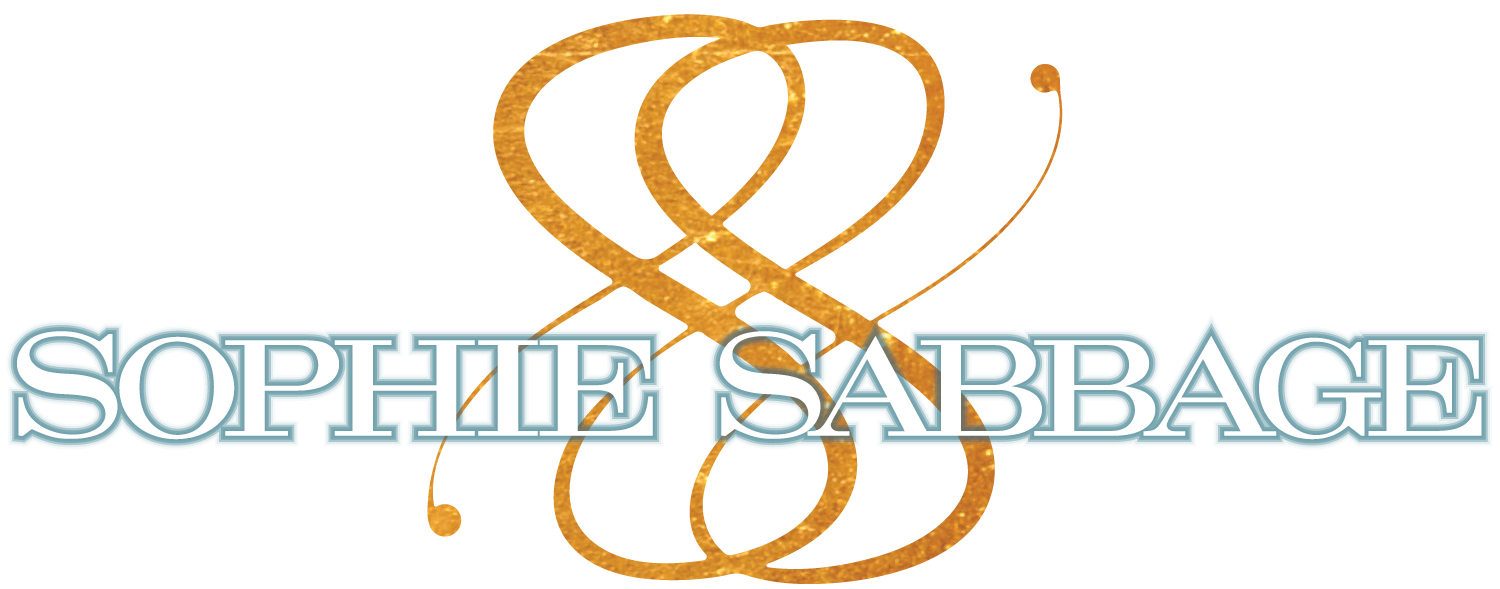The Nocebo Effect
Over the past few days I have been watching an online documentary series by a brave man called Ty Bollinger (who lost several family members to this disease) called The Truth About Cancer. Some of you cancer peeps may have been watching it too. It is causing quite a stir.
I was shocked, but not at all surprised to learn about the Nocebo Effect, the exact opposite of the Placebo Effect whereby patients who are given a sugar pill get better because they believe it is a drug that might cure them. In turn, the Nocebo Effect is “literally lethal”.
Three years ago the New England Journal of Medicine showed the shocking results of a large study involving 500,000 cancer patients: if told their cancer test was positive (not necessarily ‘terminal’, just positive), there was a 29.9 fold increase of heart related death within one week. In other words, the patient “is so convinced by the authority of the physician that the power of belief kills them”.
I can testify to this to some extent. I’ve always said that when I believed I was going to die I started dying. I’ve also often wondered how many people die of pure shock in a medical system that dares to predict our demise and claim its inevitability. As one of the experts said on the documentary, “Doctors should never pronounce someone dead based on statistics of an outdated way of treating people’s cancer.”
It seems to me that helping patients through the pyschological shock of initial diagnosis is as important as beginning to treat their bodies. Perhaps more so. Cancer patients often talk about how they are pressured into ‘starting treatment immediately’ and are so scared they simply agree to what their oncologists tell them to do before they have had a chance to compute their new reality, let alone make their own choices.
I remember feeling the exact same way. As if I had to act now or I would die tomorrow. When I was told my cancer was “irreversible” I watched the sand run out of my timer in an instant. Not a minute remained to catch my breath, celebrate my loves, grieve my losses or kiss the world goodbye. Everything stopped dead – except the hand on my clock, which spun around at lightening speed propelled by sheer panic.
My darling friend, Catherine Rolt (about whom I write in my book), kept reminding me, “You have time Sophie. Whatever else they say, you have time to work out what really feels right for you to do. Don’t let them scare you into making the wrong decisions.” I knew she was right if I could only align my panicking mind with the truth of what she was saying. I was aware that the ancient Greeks had two words for time: chronos and kairos. While the former refers to chronological time, the latter signifies a time lapse, ‘a moment of indeterminate time in which everything happens’.
These are the moments when we are so present to what is happening time gets fat. Not the way it lengthens when you’re engaged in a tedious chore or draws out like a desert when you’re broken with grief, but the way it expands in a kiss that melts you with so much tenderness your soul stands still and bows. Kairos time returns you to a place prior to chronology, duration and subsequence where seconds and eternities swap places like seasons in opposite hemispheres. Nothing needs to be rushed. Not even life-saving decisions. There is space to listen to the silence and find that reliable light that appears so reassuringly when your eyes adjust to the darkness.
Viktor Frankl, the psychologist who survived Aushwitz, called this the space between stimulus and response. “In that space,” he said, “is our power to choose our response; and in our response lies our growth and our freedom.”
This is never more relevant or important than when a doctor tells you that your illness is incurable and, worse, puts a timeline on your demise. When this happens there is a sacred space to step into where you can see clearly and know with confidence, even certainty, how you want to be and what you need to do. Shock makes this space invisible and panic makes it inaccessible. So you need to begin by disarming your fear and dissolving your conviction that death is on your doorstep. Then you have time to breathe, to see and to choose.
This doesn’t mean pretending you’re not in danger or predicting that you will inevitably survive. It is about replacing what you assume you know with what you’re sure you don’t know. As I wrote in my Sacred Unknowing blog five months after my diagnosis, “not knowing is the sacred frontier between the world as you see it and the world as it reveals itself to be. It is where you stand still, poised for epiphany, ready to break for freedom from what you believed was so but wasn’t. Not knowingtakes you in when you have no place else to go.”
So never let it be said, by your doctors or anyone else, that your future is known. I was a write-off a year ago. I have one of the most lethal forms of cancer there is. Instead I am alive and kicking, at least for now. I have written a bestselling book that seems to be hitting a sweet spot for the cancer community because it addresses the Nocebo Effect (even though I had never heard of that when I wrote it). I am about to launch an online course designed to help cancer patients overcome their terror and enter that space where time is fat, freedom is abundant and an arc of unimagined possibility dresses our skies like a rainbow. I am being given a chance to fulfil my dreams and make a difference. And I was supposed to be dead by now.

